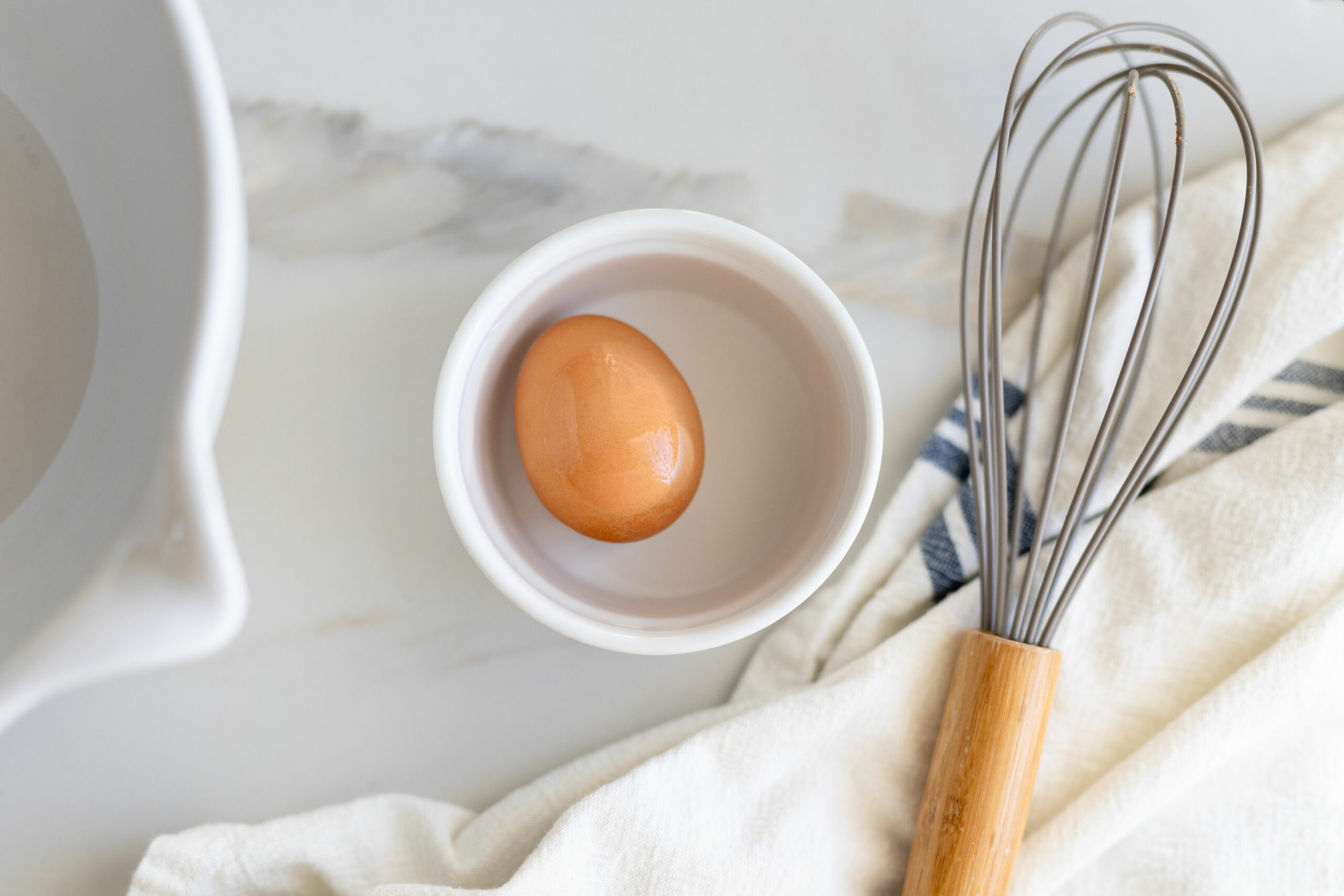We do not recommend leaving your eggs out overnight. In Canada, all eggs are washed during the grading process. This washing step is important for food safety, but it also removes the egg’s natural protective coating, called the bloom. The bloom helps keep bacteria out of the egg, so once it’s removed, refrigeration becomes essential to maintain both safety and freshness.
Without refrigeration, eggs are more susceptible to bacteria growth, which can increase the risk of foodborne illness. That’s why Canadian food safety standards require eggs to be stored in the fridge from the time they’re graded and packaged all the way until they reach your kitchen.
Why Refrigeration Matters
It’s worth noting that practices differ around the world. In some countries, eggs are not washed, and the natural bloom remains intact, which is why you may see eggs stored at room temperature in European grocery stores. However, in Canada, because the protective layer has been removed during washing, keeping eggs cold is critical.
Storing eggs in the refrigerator:
- Helps prevent the growth of harmful bacteria.
- Extends shelf life, ensuring eggs stay fresh until their best before date.
- Preserves the egg’s natural texture and flavour.
How Long Can Eggs Stay Out?
If you need to bring eggs to room temperature—for example, for baking or making a recipe that calls for room-temperature eggs—the safest approach is to take them out of the fridge about one hour before you plan to use them.
Health Canada recommends that eggs should not be left unrefrigerated for more than two hours. Beyond that, the risk of bacterial growth increases, and the eggs should be discarded rather than consumed.
Tips for Using Room-Temperature Eggs
Many baking recipes suggest using eggs at room temperature because they:
- Whisk more easily into batters and doughs.
- Help create lighter, fluffier textures in cakes, muffins, and breads.
- Blend better with butter and other ingredients.
To bring eggs to room temperature safely:
- Remove them from the fridge about an hour before baking.
- If you’re short on time, place eggs in a bowl of warm (not hot) water for about 10 minutes.
This way, you’ll have the best of both worlds—safe eggs and great results in your baked goods.
Easy Recipes for Every Time of Day
Eggs are one of the most versatile ingredients you can keep in your fridge. Whether you’re using them straight from the carton or bringing them to room temperature for a recipe, they’re quick to prepare and always delicious.
Looking for easy breakfast inspiration? Try our Morning Life Saver—a simple, protein-packed recipe that makes busy mornings easier.
For a make-ahead option, our Night Before Scrambled Eggs recipe is perfect. You can prep it the evening before, keep it refrigerated overnight, and enjoy a ready-to-cook meal the next day without any fuss.
